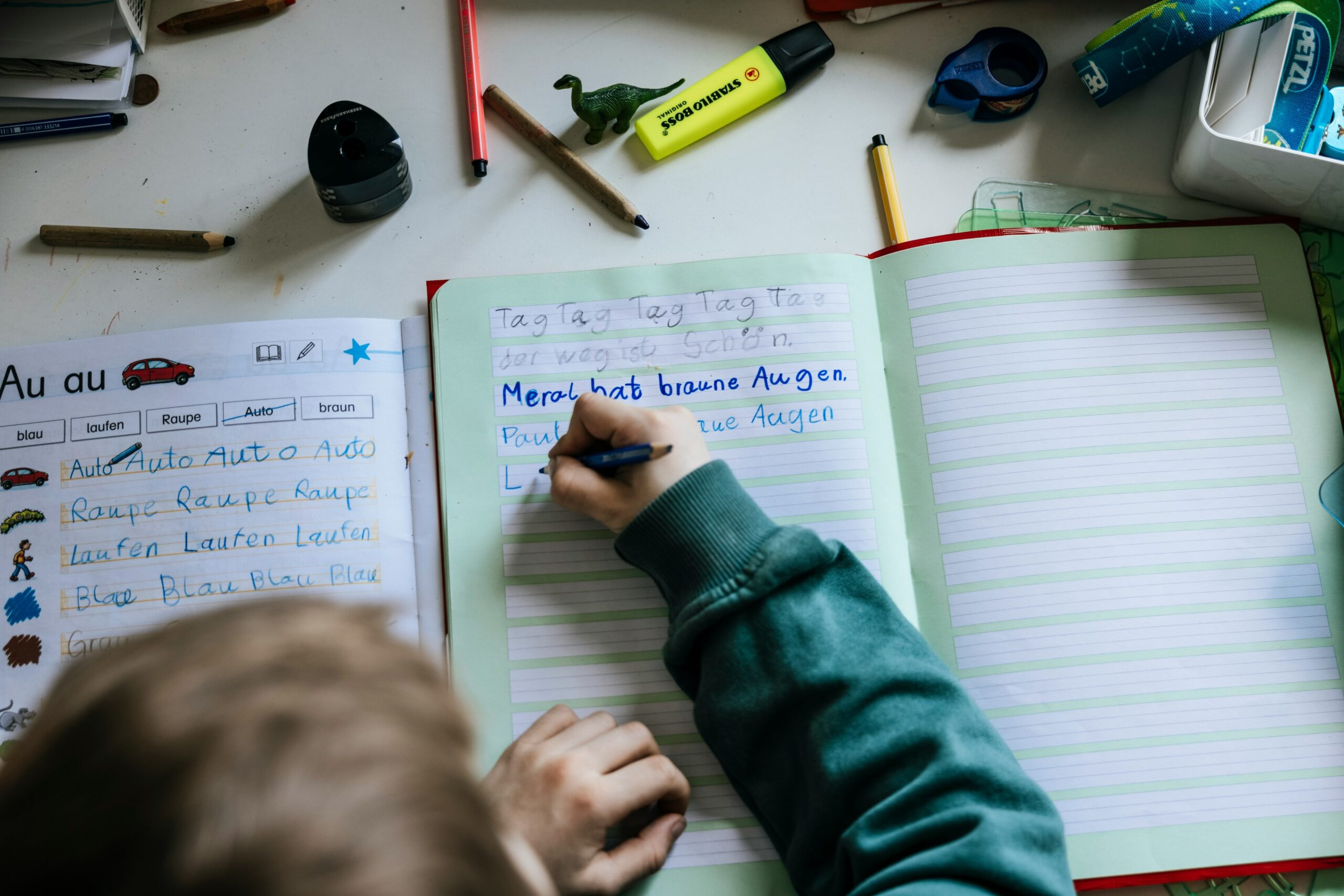
Understanding the Role of Learning Disability Consultants
In the landscape of modern education, the need for tailored support has never been more pronounced. Students with learning disabilities often navigate a path filled with unique obstacles, from decoding written text to managing executive function tasks like organizing assignments or maintaining focus in class. While teachers and school staff strive to help, their responsibilities are vast and time-limited. Enter the learning disability consultant—a specialist who bridges the gap between a student’s individual challenges and their capacity to thrive academically and socially.
A learning disability consultant is an educator, psychologist, or professional trained to identify learning profiles, interpret educational assessments, and recommend interventions designed for a student’s specific needs. These consultants work not only with students but also with parents, teachers, and school administrators. Their purpose is to ensure that every child, regardless of how they learn, has an equal opportunity to succeed. They translate complex diagnostic reports into practical strategies, helping schools tailor teaching methods and accommodations in ways that genuinely benefit the learner.
Creating Individualized Learning Plans
A significant contribution of learning disability consultants is developing or refining Individualized Education Programs (IEPs) or 504 Plans. While schools are legally obligated to provide these supports, the quality and specificity of such plans often determine whether a student receives meaningful assistance or merely generic modifications. Consultants delve deep into a student’s cognitive strengths and weaknesses, reviewing educational evaluations, neuropsychological assessments, and classroom performance data.
Rather than recommending a one-size-fits-all approach, they craft plans tailored to a student’s profile. For example, a child with dyslexia might receive specialized reading interventions and assistive technology, such as text-to-speech software, to facilitate access to written material. Another student struggling with attention deficits might benefit from modified seating arrangements, frequent breaks, or visual reminders to help manage transitions between tasks. These details can make the difference between frustration and progress.
Supporting Teachers and School Staff
Even the most skilled teachers can feel overwhelmed when faced with diverse learning needs in a single classroom. Learning disability consultants serve as valuable partners, offering professional development and one-on-one coaching to educators. They help teachers interpret assessment data, recognize subtle signs of learning differences, and implement evidence-based instructional techniques.
For instance, a consultant might train teachers on multisensory instruction for students with dyslexia, helping them integrate visual, auditory, and kinesthetic activities into lessons. They can demonstrate ways to break down complex instructions into manageable steps or show how to use graphic organizers to aid memory and comprehension. By empowering teachers, consultants indirectly support not only students with identified disabilities but also countless others who benefit from differentiated instruction.
Moreover, consultants assist school administrators in shaping broader policies and creating inclusive school cultures. They advise on classroom design, scheduling, testing accommodations, and communication strategies to ensure that students with learning disabilities are integrated rather than isolated. Such systemic changes enhance the educational experience for all learners, promoting empathy, understanding, and acceptance throughout the school community.
Empowering Families as Advocates
Parents often find themselves thrust into the world of special education without a clear roadmap. The process can be overwhelming, filled with unfamiliar terminology, legal requirements, and emotional stress. Learning disability consultants serve as guides for families, helping them understand evaluation results, educational rights, and intervention options.
These professionals attend school meetings with parents, ensuring that the child’s needs are communicated clearly and persuasively. They help families craft questions to ask during meetings, decipher educational jargon, and evaluate whether proposed services are adequate. Beyond advocacy, consultants offer hope and reassurance, reminding parents that with the right support, their children can flourish academically, socially, and emotionally.
Consultants often connect families with resources outside of school, such as tutoring services, therapy providers, summer programs, and community organizations. This network of support is critical for filling gaps that schools might not fully address.
Impact on Long-Term Student Success
Perhaps the most profound influence of learning disability consultants lies in their ability to change a student’s educational trajectory. Early and precise intervention can prevent years of academic struggles, low self-esteem, and emotional distress. Students who receive the right support often discover new confidence and a sense of capability they never thought possible.
Consultants not only focus on immediate academic concerns but also teach essential self-advocacy skills. Students learn how to articulate their needs, seek accommodations in higher education or workplace settings, and manage their own learning strategies. These skills are invaluable as students transition from high school to college, vocational programs, or employment, where they must navigate challenges more independently.
Moreover, the ripple effects of a consultant’s work extend beyond individual students. Classmates gain exposure to inclusive practices and develop greater compassion and understanding for differences. Teachers grow more skilled and adaptable. Parents become more informed and confident advocates. School systems evolve into environments where diversity in learning is not merely accommodated but celebrated.
A Future of Possibility
Learning disability consultants are catalysts for change. Their knowledge, compassion, and dedication unlock doors for students who might otherwise struggle in silence. By personalizing education, supporting teachers, empowering parents, and guiding students toward self-advocacy, these professionals create pathways to success that extend far beyond the classroom.
In a world increasingly aware of the importance of inclusion and equity, the role of learning disability consultants has never been more vital. As they continue to illuminate the strengths and potential in every learner, they shape not only individual futures but the collective culture of education itself.